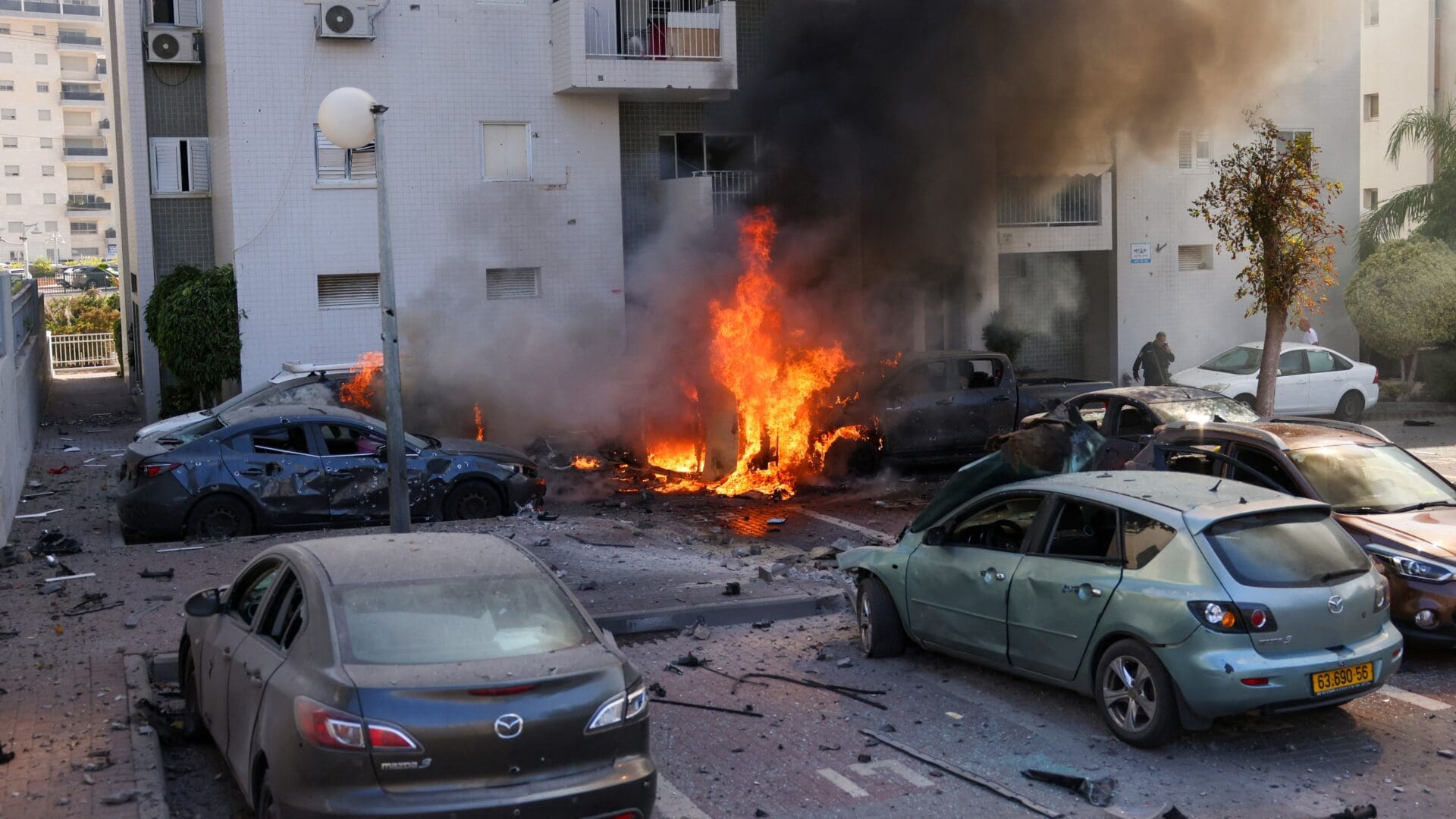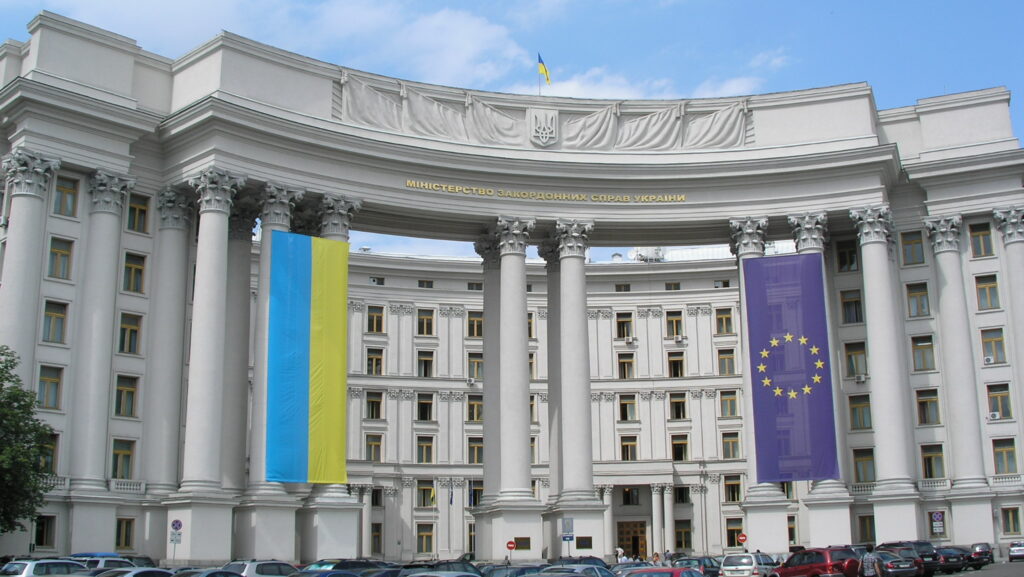Some years ago, an eternally optimistic friend told me he thought that the 2020s would be a new ‘Roaring ’20s,’ a mostly peaceful era of technology-driven prosperity after two decades of crises and convulsions. He certainly got that prediction badly wrong. Earlier this week, well-known historian and geopolitical thinker Niall Ferguson tweeted: ‘As with London buses, you can wait ages for one war and then several come along.’ We already had one hot war in Europe, and now we appear to have a second one underway in the Middle East, with deadly serious potential for escalation.
The situation is highly fluid, but there already appear to be winners and losers,
as I’ll suggest below.
Commentators are speaking of the situation as Israel’s ‘9/11 moment,’ and I believe that analogy may work all too well: not only was Israel caught by surprise by dramatic, lethal, and large-scale Islamist terror attacks on civilians, but also both Israel and the world may be living with the consequences for years to come. Although there is much we still don’t know, some facts are clear enough—and plenty shocking. Israel’s vaunted intelligence and military forces, and their key Western allies including the United States, were somehow taken by complete surprise. We may eventually learn if Israel’s recent domestic strife was a factor, and indeed a distraction—though perhaps this possible explanation is far-fetched.
Although the Palestinians have many legitimate grievances, and it’s truly tragic that no stable modus vivendi has ever been found, Hamas has shown itself to be a terrorist organization of exceptional ruthlessness and brutality. Its sneak attack, carried out with gruesome barbarism exactly fifty years and a day after the start of the Yom Kippur War in 1973, was clearly meant as an act of war—and of literal terror. The West has rightly and quickly rallied to Israel’s side in a spirit of solidarity as the country exercises its right to self-defence.
A state of war now exists, and this is where things get complicated.
If Hamas wants war, it also appears to want an Israeli response so tough that it will be able to play the sympathy card around the world—in an attempt to perform an act of ju-jitsu that will transform Hamas from aggressor to victim. At the time of this writing, Israel has cut off electricity, water and fuel to Gaza, saying they will not be restored until Israeli hostages are released. The UN and EU say this action violates international humanitarian law. Israel’s war on Hamas will, as in any war, result in civilian deaths.
Earlier this week, there were disturbing images of Hamas sympathizers around the world celebrating the attack on Israel and cheering the grisly deaths of Israelis. Now Hamas is calling for a global mobilization of Islamist militants. Should Western Europe, and the West more generally, now be bracing for a new wave of terrorist incidents, riots, and civil unrest? Dozens of Anti-Semitic incidents have been recorded by police in France in recent days, for example. Jewish schools, synagogues and neighbourhoods around the world make easy targets. The citizens of Madrid, London, Paris, Brussels and other European cities have not forgotten the bombings and attacks that took so many lives, and would dread any repeat of those dark days.
And it gets worse. There is a possibility of escalation to a wider war in the Middle East, for example if Hezbollah’s more muscular forces join the fight. Iran’s precise role in assisting Hamas has yet to come to light. Given Russia’s close ties to Iran, is it possible Russia might have known about the plans of Hamas?
If winners and losers are already emerging, it would seem Ukraine potentially falls into the latter category.
It cannot be helpful to Kyiv if the US and its other Western supporters now face a kind of second front in the Middle East that will absorb attention and resources, despite Washington’s assurances that support for Ukraine will not be affected. By contrast, Russia, which has a large and growing Muslim population, has already positioned itself as a ‘protector of Islam’ in the world, and it’s possible that given Russia’s demographics, it will be around 30 per cent Muslim a decade from now. Events of recent days appear to be playing to Moscow’s advantage, even if it turns out that Russia was not involved in or had knowledge of the plans of Hamas. Russia has blamed the Hamas-Israeli conflict on ‘failed United States policy in the Middle East,’ and would be a prime beneficiary of any oil price rises.
Should we expect another ‘shoe to drop’ somewhere, say in the Western Balkans, the Taiwan Strait or elsewhere? I sincerely hope not, as the West already has its hands full. This past week, an already dangerous world just got more dangerous.








